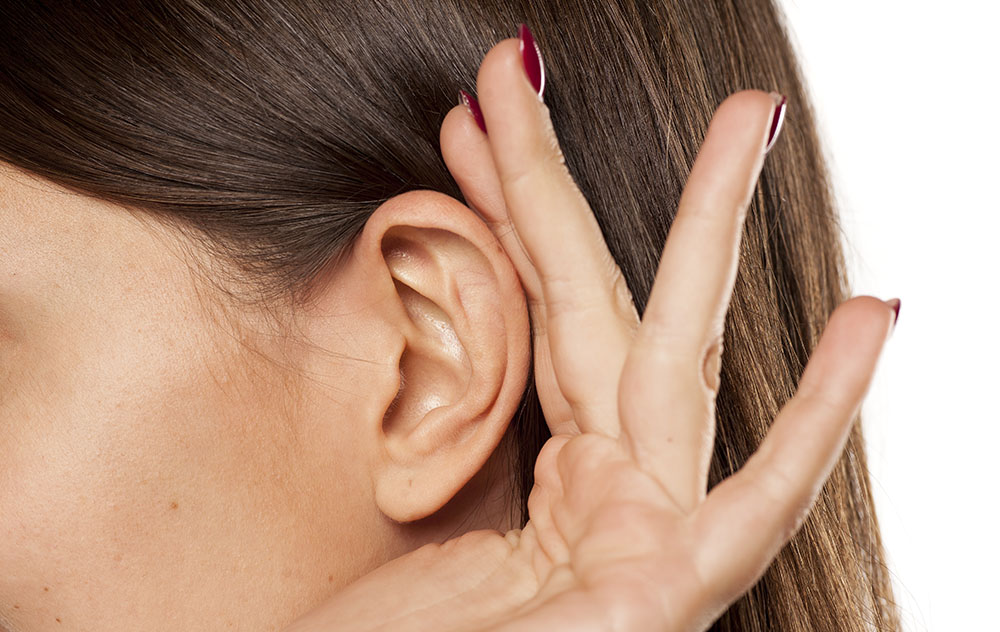Top Treatments for Tinnitus
Tinnitus can be one of the most frustrating conditions to live with. The


Tinnitus can be one of the most frustrating conditions to live with. The

When you are exposed to loud noises for a long period of time, you might

Ear cleaning is a topic that often confuses people. How should you clean